UNESCO to improve ethnic minority children’s access to education
Building on the previous Girls Empowerment project, UNESCO Vietnam is initiating a new project by zooming in closer to the actual lives of ethnic minority girls to tackle the barriers that keep girls from studying.
Together with Ministry of Education and Training, Committee for Ethnic Minority Affairs and CJ Group (Republic of Korea), the three-year project "we are able" will ensure girls in ethnic minority regions never stop dreaming and grow into enablers of societies.
 |
At the launching event. Photo: UNESCO Vietnam
Financed by the UNESCO Malala Fund for Girls' Right to Education, the “we are able” project will focus on four key fields, including raising public awareness of the importance of education for girls; building a safe and healthy educational environment through raising awareness of school-related gender-based violence (SRGBV), strengthening teachers' capacity to meet gender-responsive school counseling.
The project will also help increase employment opportunities for girls and women through training programmes on activities to create incomes and support ethnic minority children to overcome prejudices.
Michael Croft, Chief Representative of UNESCO in Vietnam, said the organisation will coordinate with ethnic minority communities and relevant authorities to help ethnic minority children, especially girls and women realise their dreams and aspirations.
Based on consultations with the Ministry of Education and Training and the Government Committee for Ethnic Affairs, the three-year project is hoped to contribute to implementing the education development strategy in the 2011-2020 period, the Action Plan to implement UN sustainable development goal and the ethnic minority affairs strategy by 2020.
The project will see the participation of about 16,000 people, including students, teachers, rectors of ethnic minority schools, education officials and parents in the northern mountainous province of Ha Giang, the south central province of Ninh Thuan and the Mekong Delta province of Soc Trang./.
VNF/VNA
Recommended
 National
National
Party Chief Attends Grand Art Performance Celebrating National Reunification
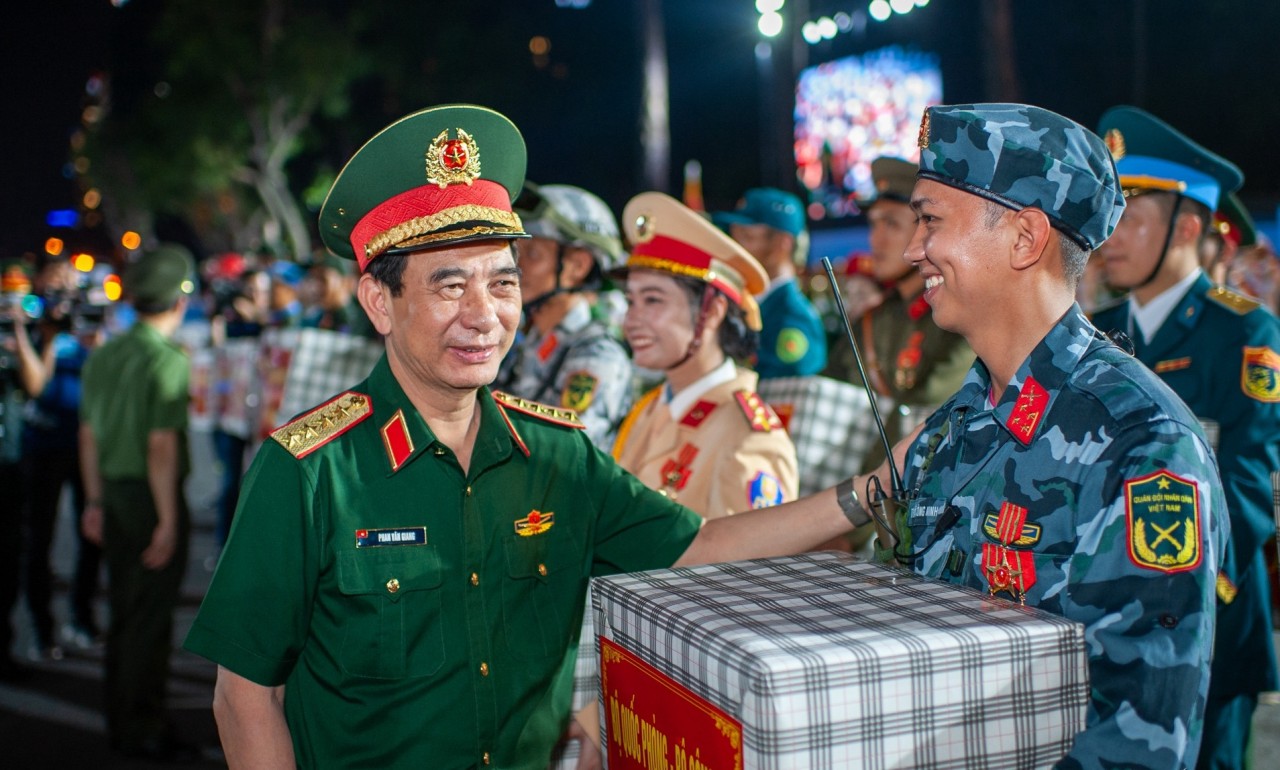 National
National
Vietnam News Today (Apr. 21): International Troops to March in Vietnam’s Reunification Day Parade
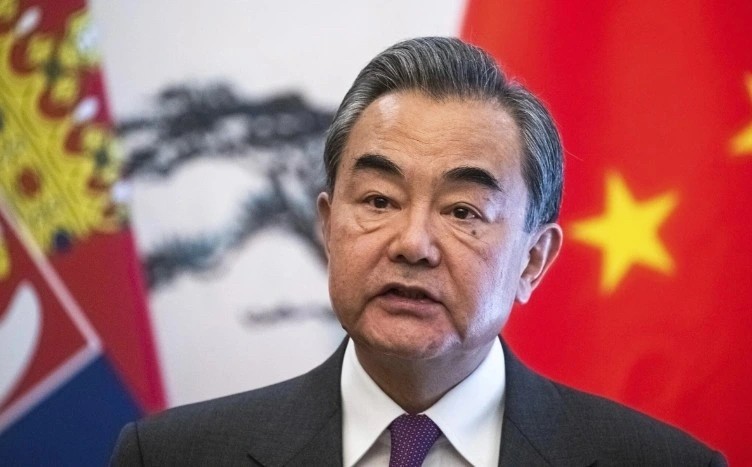 National
National
Vietnam News Today (Apr. 20): Vietnam, China to Deepen Ties with Strategic Future Vision
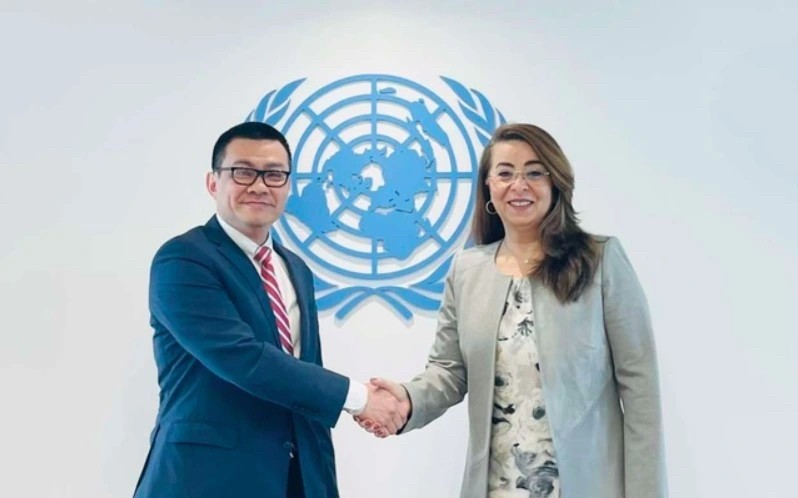 National
National
Vietnam News Today (Apr. 19): UN, Vietnam Step Up Efforts on Cybercrime Convention
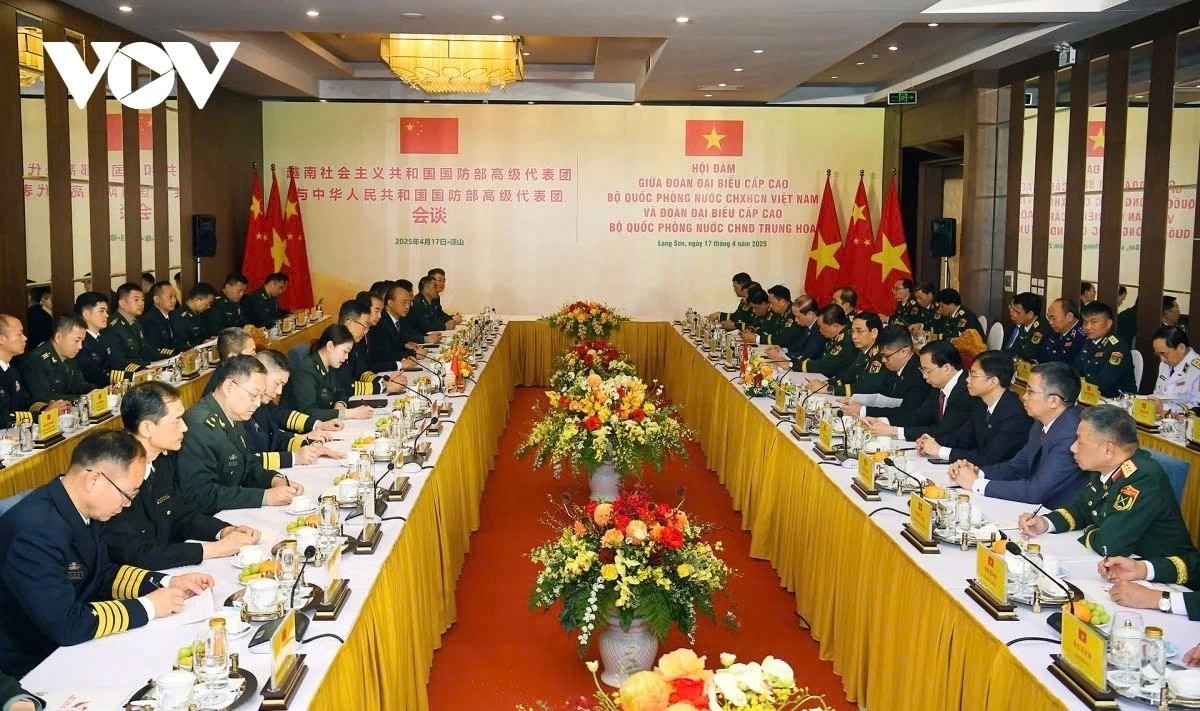 National
National
Vietnam News Today (Apr. 18): P4G Summit in Vietnam - Beacon of Hope for Global Climate Action
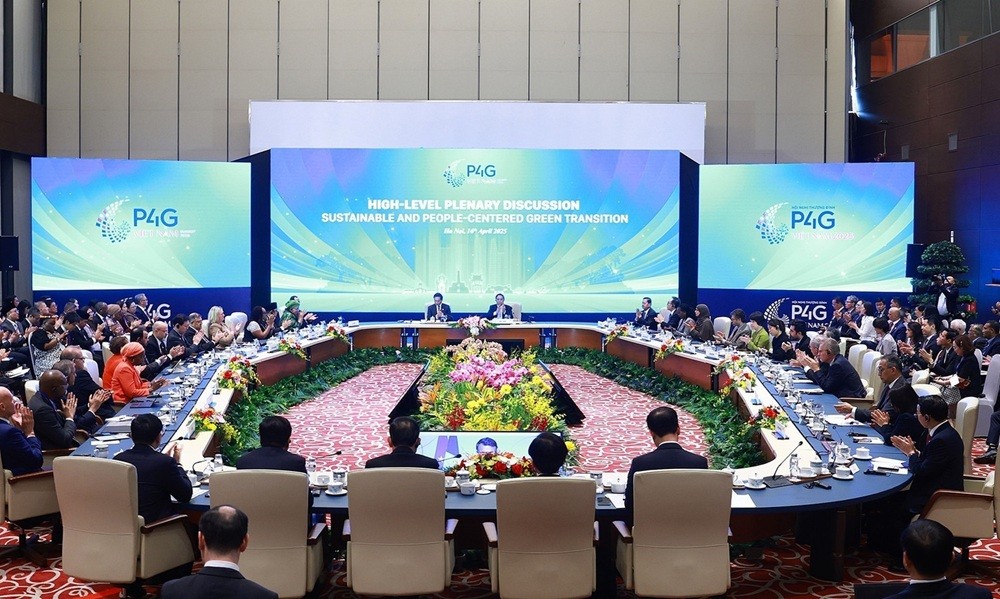 National
National
People must come first to achieve development goals: P4G
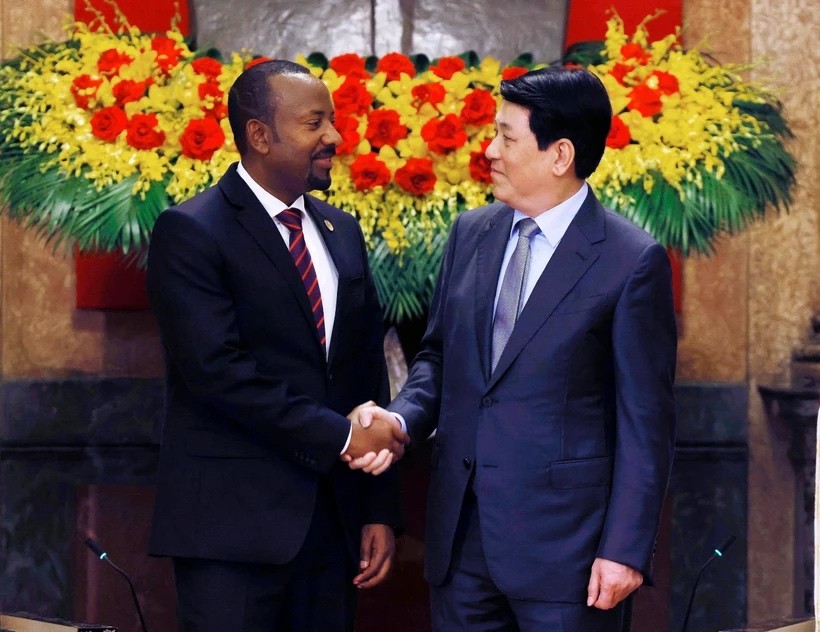 National
National
Vietnam News Today (Apr. 17): Vietnam a Trustworthy Friend of Ethiopian People
 National
National
